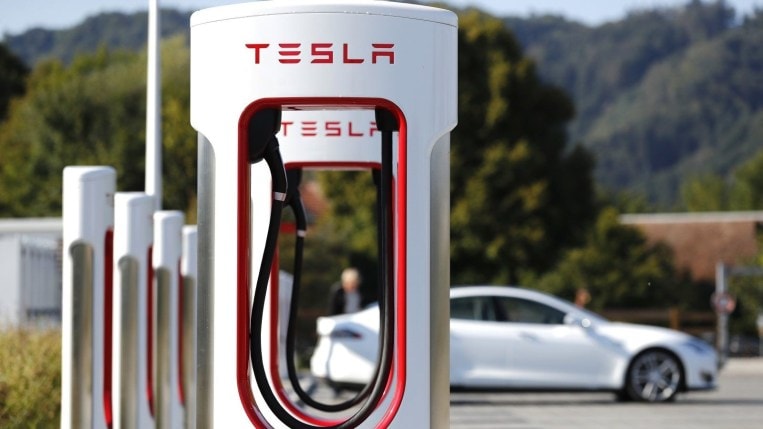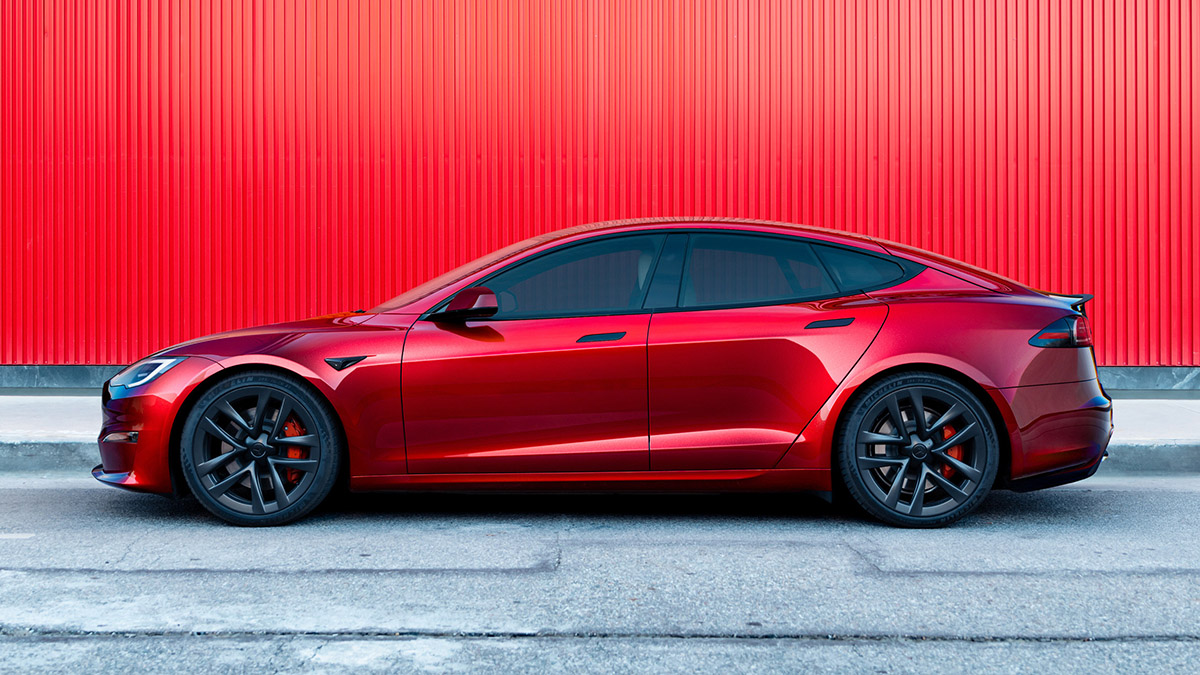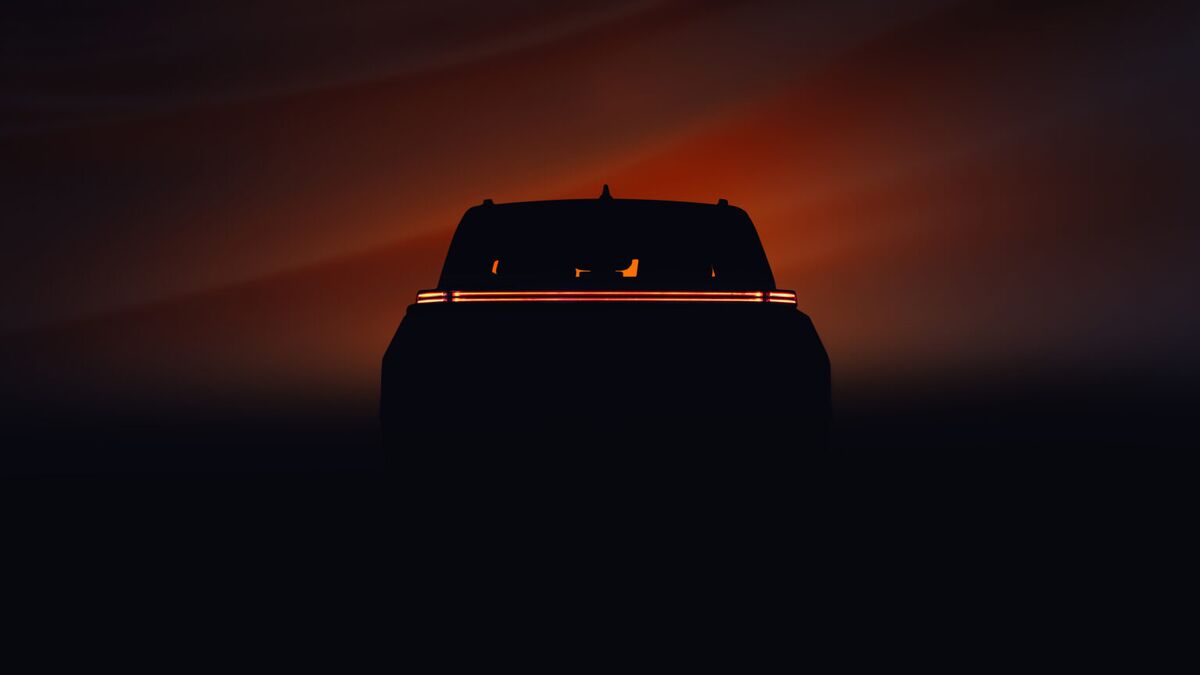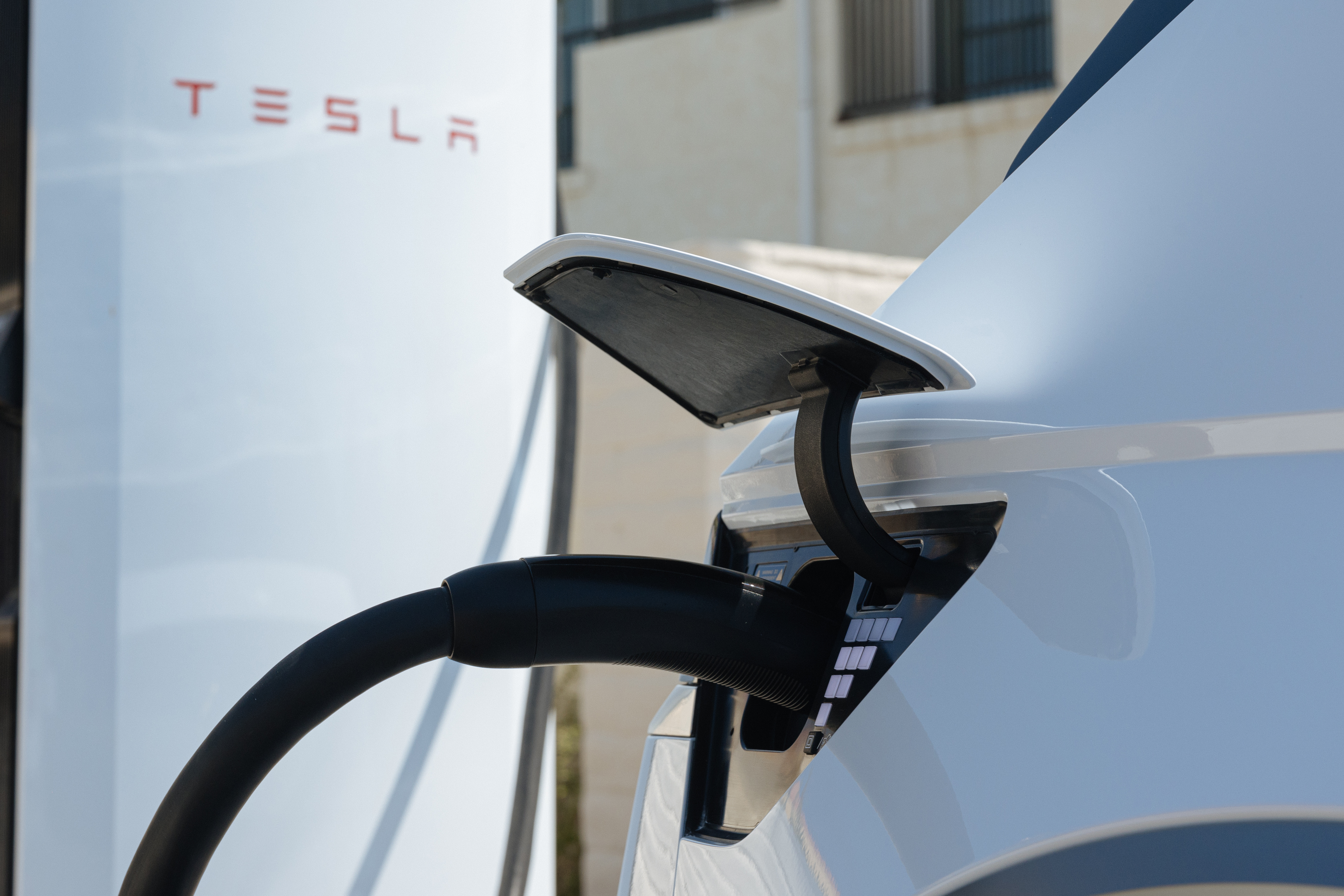Tesla is almost synonymous with electric cars in the minds of most Americans. But that may be rapidly changing. A new survey from J.D. Power shows that cracks are beginning to appear in the appeal of America’s best-selling EV brand.
At the moment, Tesla’s dominance is unquestioned — 79 percent of the EVs sold in America last year were Teslas, and four of the five best-selling electric cars are Tesla products.
Released for the first time Thursday, J.D. Power’s new U.S. Electric Vehicle Consideration Study shows that just four percent of EV shoppers today limit their consideration to Tesla products.
Stewart Stropp, senior director of automotive retail at J.D. Power, commented that Tesla’s market dominance is “not absolute and could be displaced by a worthy alternative.” About 27 percent of those likely to buy an EV listed Tesla as their top choice, and among that group, performance was the primary purchase consideration.
EV Shoppers Skew Towards Luxury
Those shopping luxury brands were more than twice as likely to consider an EV (36 percent) as those shopping mainstream nameplates (15 percent). Note that there simply are more luxury EVs than affordable ones on the market today. That number may change as the technology makes its way into more mainstream segments. We expect to see more than 100 electric cars on the market in the U.S. by the end of 2021, many from more affordable marques.
Analysts surveyed over 9,000 shoppers who plan to buy a new vehicle in the next 12 months. They found most buyers lukewarm on EVs. Only 59 percent consider themselves only “somewhat likely” or “somewhat unlikely” to buy an electric vehicle.
Firsthand experience increases openness to EVs. Those who have been a passenger in an EV are nearly three times more likely to consider buying an electric car than those who had never ridden in one.








